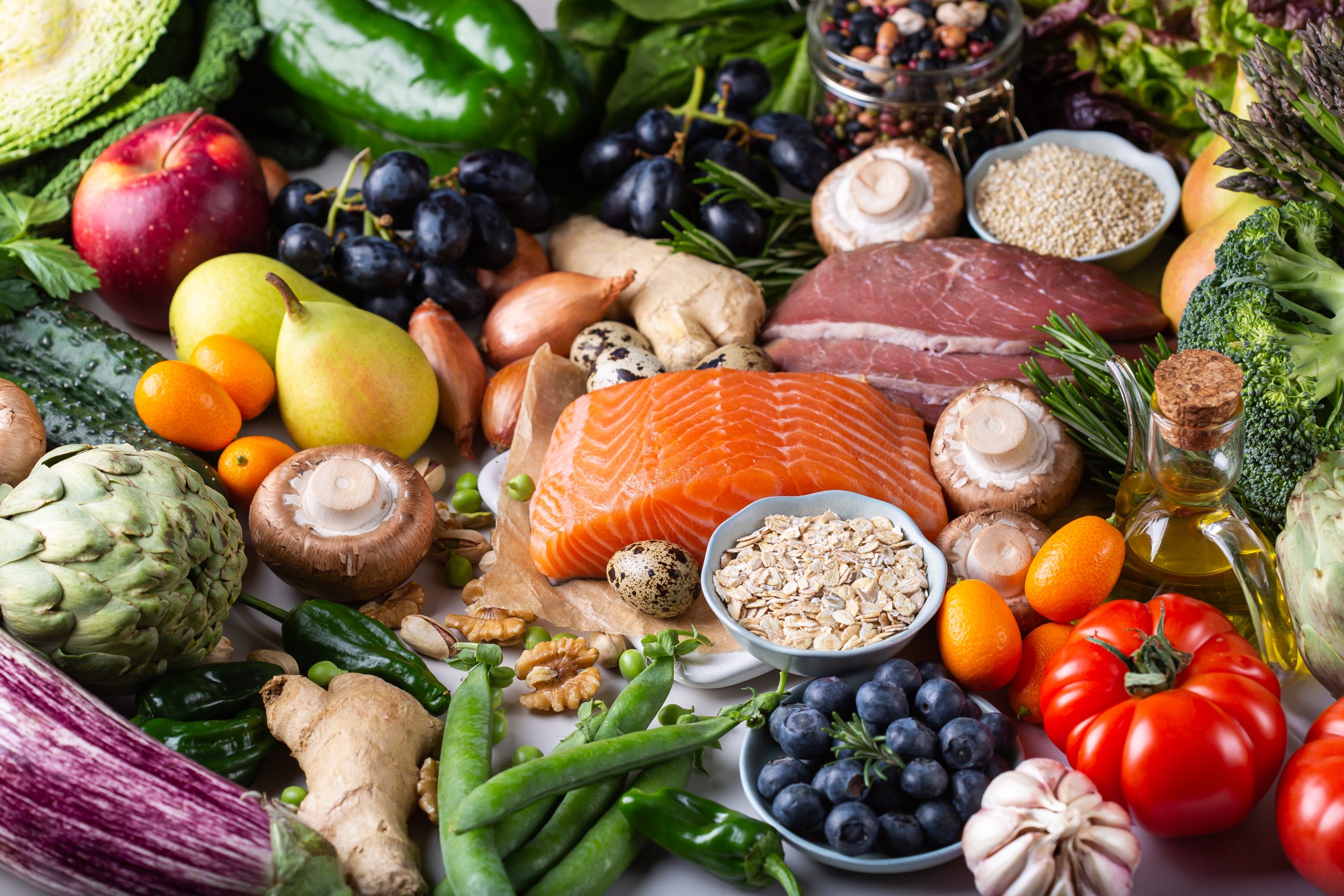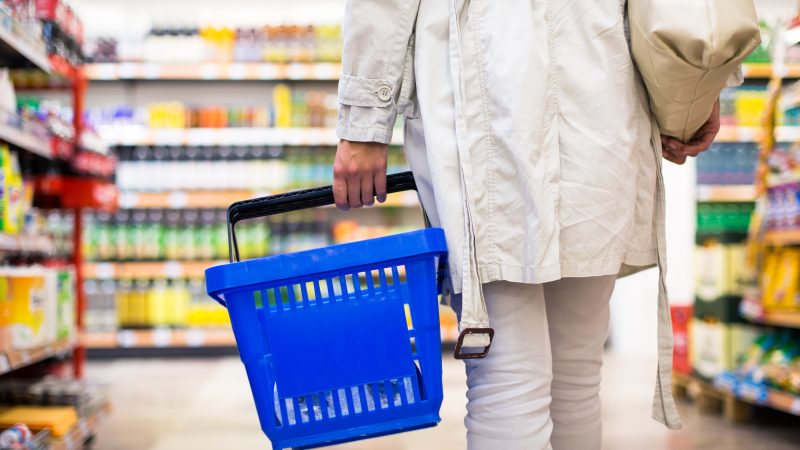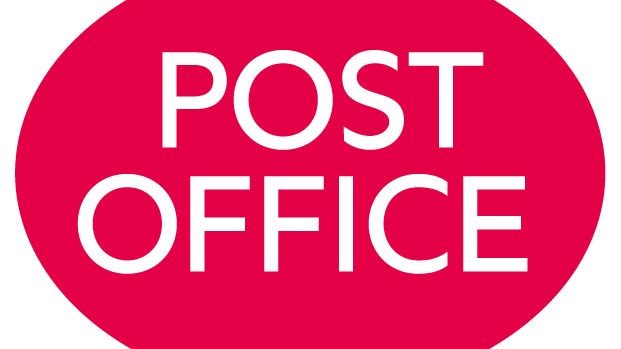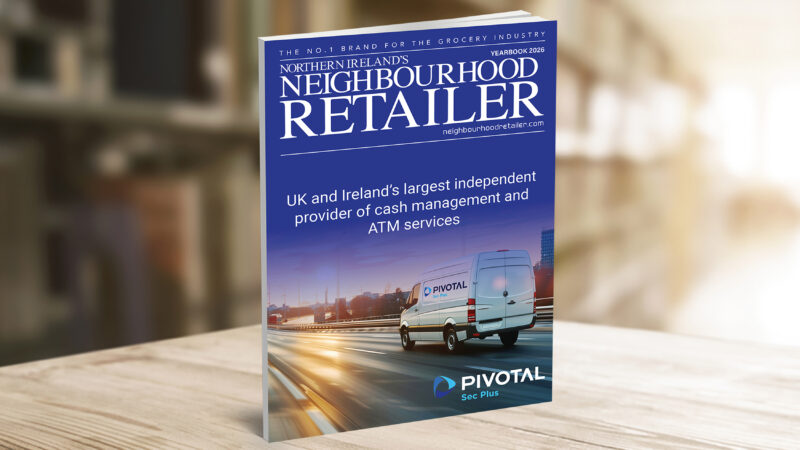Fresh food prices see biggest monthly decrease in almost four years

Shop prices fell into deflation for the first time in nearly three years, at 0.3% in August, down from inflation of 0.2% the previous month.
Food inflation slowed to 2.0% in August, down from 2.3% in July. The annual rate continues to ease in this category and inflation is at its lowest rate since November 2021.
The latest figures from the British Retail Consortium (BRC) show that fresh food inflation slowed further in August, to 1.0%, down from 1.4% in July, below the three-month average rate of 1.3% and at its lowest rate since October 2021.
Meanwhile, ambient food inflation decelerated to 3.4% in August, down from 3.6% in July, at its lowest rate since March 2022.
Chief Executive of the BRC, Helen Dickinson OBE said shop price deflation was driven by non-food deflation, with retailers discounting heavily to shift their summer stock.
“This discounting followed a difficult summer of trading caused by poor weather and the continued cost-of-living crunch impacting many families,” said Helen Dickinson OBE.
“Food inflation eased with fresh food prices, especially fruit, meat and fish, seeing the biggest monthly decrease since December 2020 as supplier input costs lessened.
“Retailers will continue to work hard to keep prices down, and households will be happy to see that prices of some goods have fallen into deflation. The outlook for commodity prices remains uncertain due to the impact of climate change on harvests domestically and globally, as well as rising political tensions. As a result, we could see renewed inflationary pressures over the next year.”
Mike Watkins, Head of Retailer and Business Insight at NielsenIQ added: “Shop price inflation has fallen again in August as many non-food retailers have kept promotional support due to the unpredictable weather and food retailers have introduced more price cuts to help drive incremental sales during the ‘summer of sport’.”






